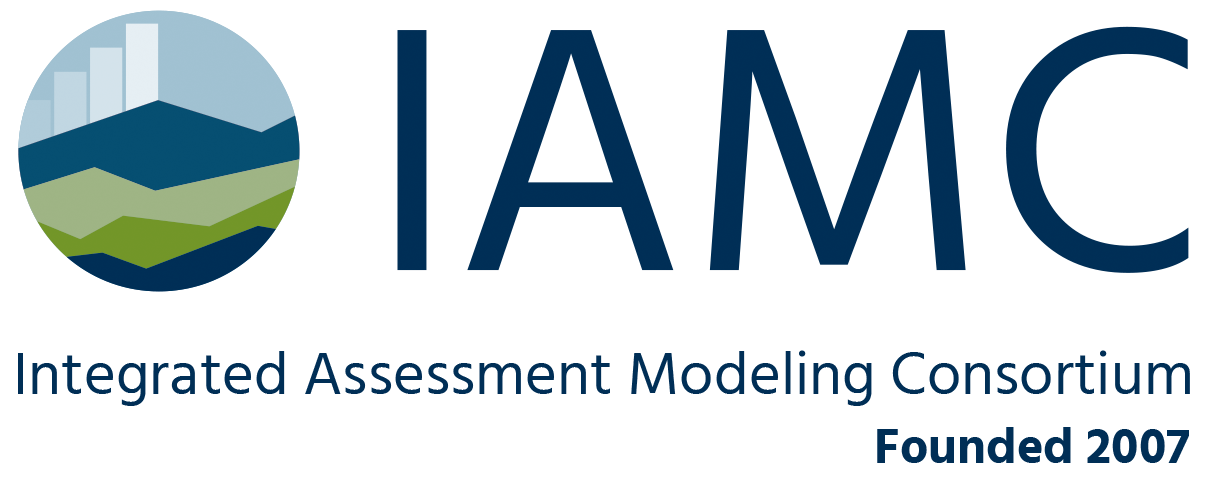Position of Economist for the evaluation of climate and environmental policies at CIRAD, France
CIRAD is recruiting an economist to evaluate national climate and environmental policies in developing countries.
The aim of the position is to evaluate the economic and social consequences of public policies implemented (ex post) and planned (ex ante) by developing countries to preserve the environment, adapt to the effects of climate change and reduce greenhouse gas emissions, with particular attention paid to the consequences for the agricultural and forestry sectors and for rural households. This work will focus on policies and measures already in place, as well as on nationally determined contributions (NDCs) under the Paris Agreement and other climate and environmental commitments that countries may make (such as a long-term “net zero emissions” target).
The scientific challenges of the position include, in particular, assessing of the co-benefits or adverse effects of the policies and measures studied, and more broadly their interactions with other development objectives, such as food security; analysing distributive and intergenerational justice, with particular attention paid to the most vulnerable communities; and addressing scale effects, with particular attention paid to international spillover effects, such as emissions leakage and indirect changes in land use.
The research results are intended to inform decision-making in the countries concerned, contribute to international processes such as the UNFCCC Global Stocktake, and feed into forward-looking exercises carried out at national, regional or global level, as well as the work of IPBES and the IPCC.
The planned methodology will be based primarily on the development of new macroeconomic models and/or the adaptation of existing CIRED models (IMACLIM, GlobAgri, Agribiom, NLU, BiodivA) with a view to simulating the impact of climate and environmental policies on a series of indicators covering food, environmental and economic dimensions. Significant methodological developments will be required, both in terms of the representation of mechanisms specific to the countries studied (e.g. share of the informal economy, and interactions between the agricultural sector and other economic sectors) and in terms of data acquisition/construction.
As far as possible, these modelling tools will be used as part of participatory approaches that enable a dialogue with decision-makers in developing countries. Other methodologies (econometrics, spatial analysis, etc.) may be used depending on the themes addressed and requests received from partners in the South.
Publication end date: 2nd May 2024




